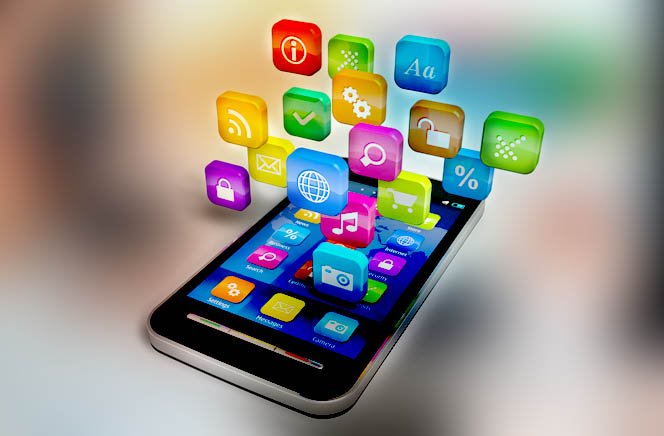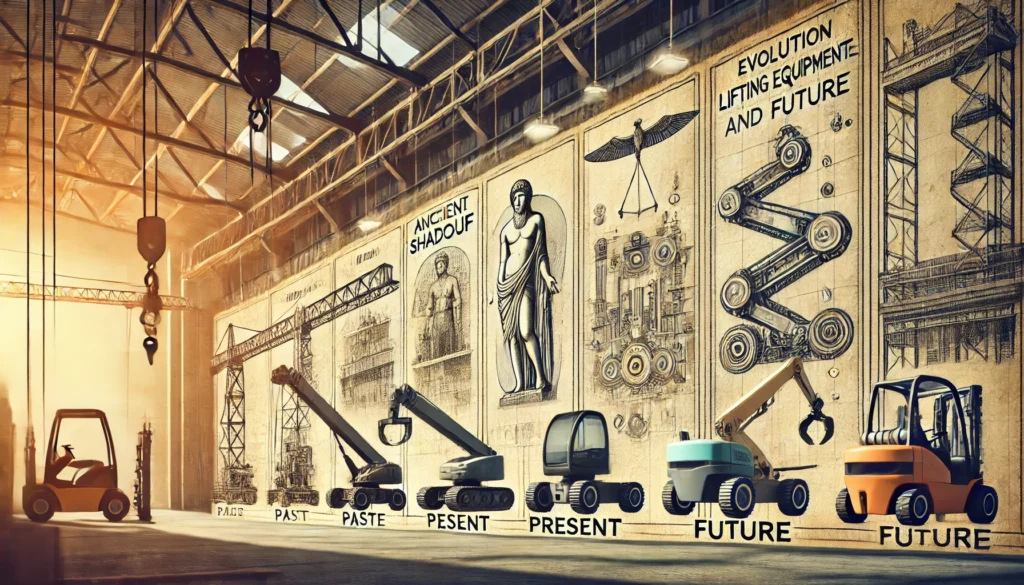Technology has always been a driving force behind societal change, but in 2025, its role is more pervasive and influential than ever. From communication and transportation to healthcare and entertainment, technology has redefined how humans interact, work, and innovate. The pace of innovation is accelerating, with breakthroughs in artificial intelligence, renewable energy, connectivity, and automation reshaping everyday life.
One of the most significant trends in technology is artificial intelligence (AI). AI is no longer confined to research labs or niche applications; it has become a practical tool across industries. Businesses leverage AI for predictive analytics, customer service automation, fraud detection, and personalized recommendations. In healthcare, AI assists in diagnostics, drug development, and patient care management. Education platforms use AI to create adaptive learning experiences tailored to individual students. The adoption of AI is transforming decision-making, productivity, and problem-solving across sectors.
Connectivity and communication technologies have also advanced rapidly. 5G networks provide faster, more reliable internet access, enabling seamless streaming, video conferencing, and real-time collaboration. Smart devices and the Internet of Things (IoT) have interconnected homes, offices, and cities, creating ecosystems that optimize energy consumption, security, and convenience. These developments are reshaping daily life, making interactions more efficient and information more accessible.
Automation and robotics continue to revolutionize industries. In manufacturing, automated systems increase production efficiency and reduce human error. Logistics companies deploy robots and drones to streamline delivery operations. Service industries employ AI-powered chatbots and virtual assistants to manage customer interactions. While automation raises concerns about employment, it also opens opportunities for humans to focus on creative, strategic, and high-level tasks, emphasizing collaboration between humans and machines.
Cybersecurity remains a critical concern as technology integrates deeper into society. With increasing amounts of data being generated and stored, individuals and organizations face growing risks from cyberattacks. Security protocols, encryption, and threat detection tools are essential to protect sensitive information. The rise of remote work and digital services makes cybersecurity a top priority, as breaches can have far-reaching consequences for businesses, governments, and individuals.
Cloud computing and software-as-a-service (SaaS) have transformed how organizations access technology. Cloud platforms allow businesses to scale operations, store data securely, and deploy applications without heavy investments in infrastructure. SaaS solutions provide subscription-based access to tools and services, making advanced software more accessible to startups and small businesses. Cloud technology enables real-time collaboration, flexible workflows, and seamless integration between systems.
Sustainable technology is gaining prominence as environmental concerns drive innovation. Renewable energy solutions, energy-efficient devices, and sustainable data centers are reducing the carbon footprint of digital infrastructure. Electric vehicles, smart grids, and eco-friendly manufacturing processes demonstrate how technology can address ecological challenges. Sustainability is no longer a niche concern; it has become an integral consideration in technology development and implementation.
Augmented reality (AR) and virtual reality (VR) are reshaping entertainment, education, and professional training. AR allows users to interact with digital elements in the physical world, enhancing shopping experiences, navigation, and learning. VR provides immersive simulations for gaming, training, and virtual meetings. These technologies expand the ways humans experience content, making interactions more engaging, interactive, and informative.
Blockchain and decentralized technologies are transforming finance, supply chains, and digital security. Cryptocurrencies, smart contracts, and decentralized applications offer new ways to transfer value, verify authenticity, and manage transactions. These technologies increase transparency, reduce intermediaries, and provide alternatives to traditional financial systems, impacting industries ranging from banking to healthcare.
Wearable technology continues to integrate health monitoring, communication, and lifestyle management into everyday life. Smartwatches, fitness trackers, and medical devices provide real-time health insights, track activity, and enable remote consultations. Wearables empower individuals to make data-driven decisions about their well-being and connect seamlessly with other digital platforms for a holistic lifestyle experience.
Education and remote learning technologies have transformed knowledge dissemination. Online courses, virtual classrooms, and interactive learning platforms provide access to quality education across the globe. Adaptive learning software uses data analytics to identify strengths and weaknesses, offering personalized content for students. Technology has made education more flexible, inclusive, and accessible, bridging gaps in traditional systems.
Despite these advancements, challenges remain. Ethical considerations, privacy concerns, regulatory compliance, and equitable access are pressing issues. Technology has the power to amplify both positive and negative outcomes. Developers, policymakers, and users must work together to ensure that innovations benefit society broadly rather than exacerbating inequality.
Future outlooks indicate that technology will continue to advance at an unprecedented pace. Quantum computing may revolutionize problem-solving, enabling breakthroughs in fields such as climate modeling, cryptography, and pharmaceuticals. AI will become increasingly autonomous, capable of sophisticated decision-making and creativity. Human-computer interaction will evolve through natural language processing, gesture recognition, and brain-computer interfaces, making technology more intuitive and immersive.
In conclusion, technology in 2025 is not merely a set of tools; it is a transformative force shaping society, business, and daily life. Success in this era requires understanding trends, adopting innovative solutions, and addressing ethical and sustainability concerns. Those who embrace technology thoughtfully can harness its full potential, creating systems that are efficient, secure, and human-centric. Technology’s role will continue to expand, influencing how we work, communicate, learn, and live, ultimately defining the trajectory of human progress.



















